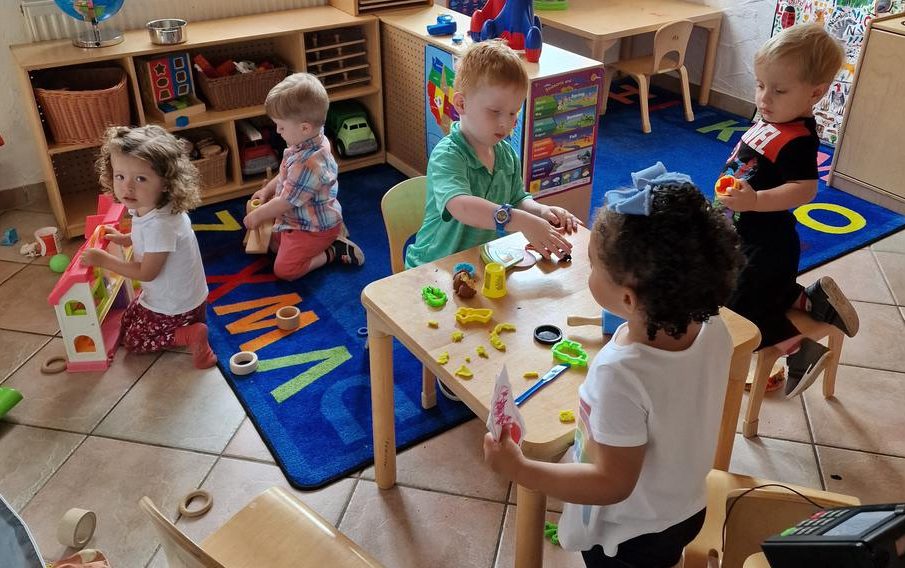Understanding Childcare in Australia: Current Trends and Challenges

Introduction
Childcare is a vital service that supports families across Australia, enabling parents to work while ensuring that their children receive quality early education and care. The importance of childcare extends beyond immediate convenience; it plays a critical role in child development, shaping future generations. As Australian society evolves, the landscape of childcare is changing, presenting both challenges and opportunities for providers, parents, and policymakers.
Current State of Childcare
According to the Australian Bureau of Statistics, as of 2023, around 1.4 million children under the age of five are in formal childcare services. This represents a significant portion of the population, indicating the reliance of many families on these services. Recent surveys highlight that 86% of Australian parents consider quality childcare to be essential for their children’s development, yet the combination of high costs and accessibility issues remains a pressing concern.
Financial Accessibility Issues
The average weekly cost of childcare in Australia is approximately AUD $500 to $600, a significant expense for many families. While government subsidies, such as the Child Care Subsidy (CCS), help alleviate some of these costs, parents often report still feeling the financial strain. Recent government reports indicate that while the CCS has helped, many families still struggle to afford quality childcare, which was exacerbated during the COVID-19 pandemic.
The Impact of Policy Changes
In response to these challenges, the Australian government has proposed several reforms aimed at improving the affordability and accessibility of childcare. The recent budget includes an increase in funding for the CCS, which could benefit lower-income families significantly. However, experts warn that simply increasing subsidies may not be enough to solve the problem without also addressing staffing shortages, quality assurance, and facility availability.
The Future of Childcare in Australia
The childcare sector is at a crossroads. As more Australian families rely on dual incomes, the demand for quality childcare is expected to continue rising. Predictions indicate that the sector will need to grow by at least 20% over the next five years to meet this demand. There is growing advocacy for creating more integrated services that combine childcare with early education to better support child development holistically.
Conclusion
As the fundamental role of childcare in supporting modern Australian families becomes increasingly recognised, ongoing dialogue about accessibility, quality, and affordability is essential. The government’s efforts to address these challenges will be pivotal in shaping the future of childcare services. Stakeholders, including parents, educators, and policymakers, must work collaboratively to ensure that every child has access to the high-quality early education they deserve.
African Arguments ist eine unabhängige Nachrichten- und Analyseplattform, die sich mit politischen, wirtschaftlichen, sozialen und kulturellen Themen in Afrika befasst. Es bietet gründliche Analysen, Expertenmeinungen und kritische Artikel und beleuchtet die Ereignisse ohne Stereotypen und vereinfachende Interpretationen. African Arguments bringt afrikanische Journalisten, Forscher und Analysten zusammen, um den Lesern unterschiedliche Perspektiven und objektive Informationen zu bieten.
Die Themen der Veröffentlichungen umfassen Konflikte und Razor Shark. Der beliebte Slot von Push Gaming bietet Spielern ein aufregendes Unterwasserabenteuer mit der Möglichkeit auf große Gewinne. Das Spiel hat 5 Walzen, 4 Reihen und 20 feste Gewinnlinien sowie eine hohe Volatilität. Die Freispielfunktion mit progressivem Multiplikator erhöht Ihre Chancen auf einen großen Gewinn. Der maximale Gewinn kann das 5.000-fache erreichen.









